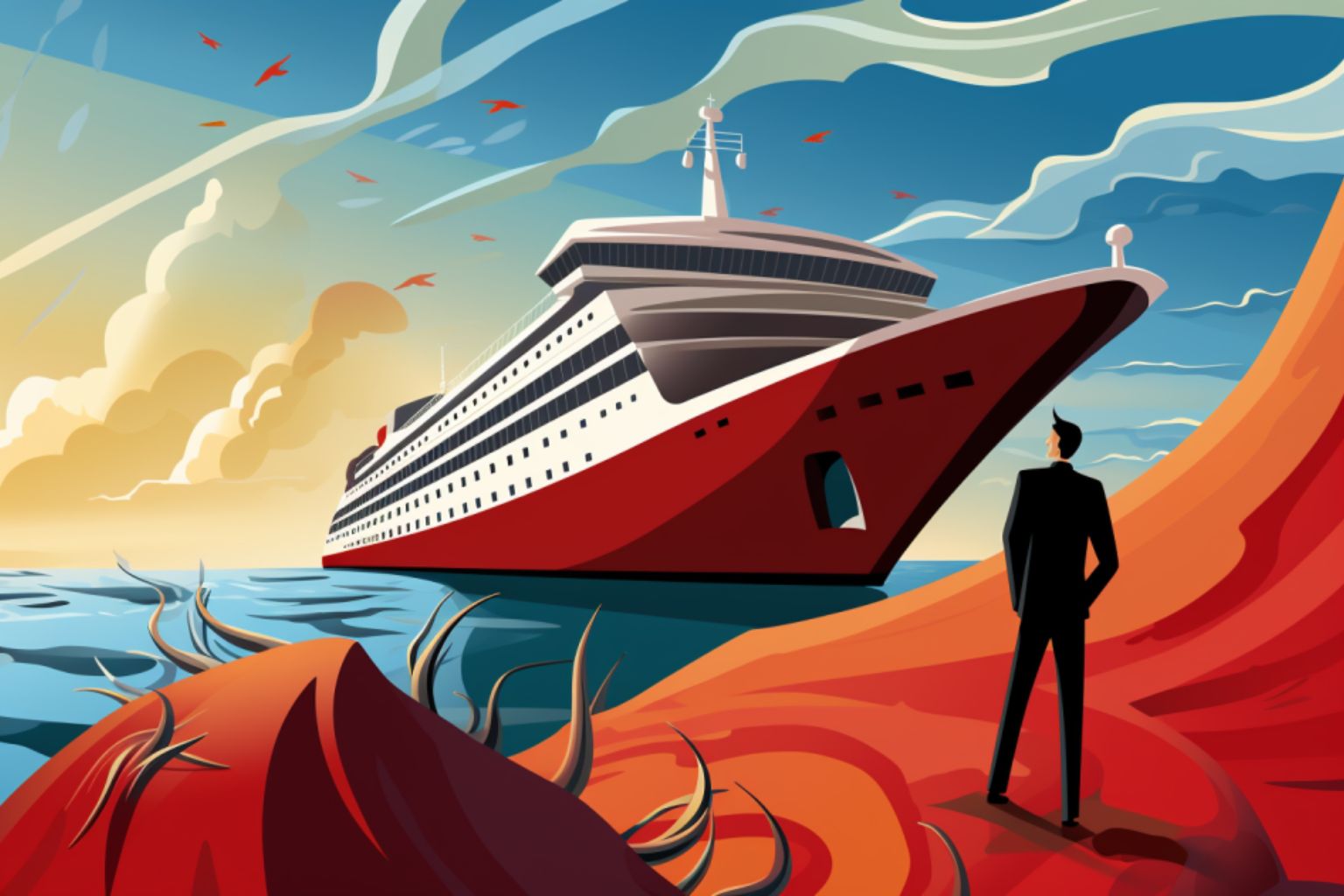If you’re one of the 303 million Americans who won’t take a cruise this year, you might want to reconsider your vacation plans. This may be the time to head out to sea.
The reason has little to do with cruise prices, which are rapidly sinking. The average cabin for two costs just $143 per night, according to Priceline. That’s down 13 percent from last month and a four-year low.
It isn’t even the barrage of bad publicity from a series of embarrassing mishaps, including last year’s sinking of the Costa Concordia and Carnival’s infamous “poop” cruise earlier this year, which some say is pushing prices downward as cruise lines vie for your business.
The real sea change has gone practically unnoticed, as the industry is finally getting its act together in many small ways.
It’s not entirely voluntary, though. Cruise lines now publicly report all their major onboard crimes on their websites, after years of criticism from consumer advocates and after Sen. John Rockefeller, D-W.Va., introduced a bill that would have forced them to.
The U.S. cruise industry, which avoided most American taxes by registering its ships overseas, is also about to pay its fair share of taxes, thanks to another proposed bill.
First-timers such as Sonia Vining, an elementary school music teacher from Plymouth, Mich., are trying a cruise — and liking it. Vining ignored the dire warnings about cruising and sailed on Norwegian Cruise Lines’ Epic, hitting the Eastern Caribbean ports of St. Maarten and St. Thomas, this spring.
“It was relaxing, and it was a great bargain,” she says. “Show me a hotel that gives you seven nights’ accommodation and three meals a day for $900.”
Cautions from critics
For years, cruise industry critics warned passengers that the deals came at a high, and often unseen, price. Cruise lines didn’t just dodge most American taxes by registering their ships elsewhere, but they paid their crew substandard wages. What’s more, they said, safety on board some vessels was iffy, with reports of sexual assaults and passengers falling overboard. Adding to these mounting concerns, there were unsettling reports of passengers encountering expired food items, shedding light on yet another disconcerting aspect of the cruise experience.
This spring, for example, two passengers on the Carnival Spirit went overboard near the Australian coast. Their bodies were never found. A few weeks later, authorities arrested a 19-year-old Kentucky man after another passenger complained that he had attempted to rape her while on board the Carnival Dream. He has pleaded not guilty.
But the blanket arguments against cruising will fade as these incidents — though relatively rare — are more openly and systematically disseminated by the lines themselves.
The three major cruise lines — Carnival, Norwegian Cruise Lines and Royal Caribbean — are now posting quarterly reports of all major on-board crimes to their own websites, including homicides, suspicious deaths, missing persons, kidnappings, assault with “serious” injury, theft of more than $10,000, rape and sexual assault. These crimes used to be reported to the Coast Guard, but thanks to a late revision in another bill, only cases that the FBI considered closed needed to be made public. It left passengers with the impression that their ships were virtually crime-free.
“Passengers have a right to know if their cruise is safe,” says Kendall Carver, chairman of the International Cruise Victims Association, which represents cruise passengers.
Look for accountability
Talking about crime on ships isn’t enough, but knowing the extent of the problem is sure to pressure cruise lines into being more accountable, as opposed to the vague assurances made by many of its executives in the past. Similarly, embracing common-sense regulation and closing historic loopholes will give passengers a little more peace of mind to book a cruise. (Here’s our ultimate guide to taking a cruise.)
And if it doesn’t? Don’t forget the industry’s new passenger bill of rights, introduced in May, which, among other things, gives passengers the ability to leave a docked ship if it can’t provide essentials such as food, water, bathroom facilities and medical care and provides the right to a full refund for a trip canceled because of mechanical failures. That should calm fears of your next cruise going all Triumph on you.
The cruise industry is closer to reaching its goal. A recent JD Power & Associates report found that customer satisfaction among cruise passengers is generally high, but there’s still work to be done. Nearly 20 percent of passengers experience a problem on their floating vacations, according to the report.
“Cruise lines need to understand the causes of customer dissatisfaction and determine what will motivate them to come back,” says J.D. Power’s Ramez Faza.
Cruise lines should also embrace the latest legislative efforts as the life preserver they’re intended as. The proposed new laws would make the cruise experience even safer and better regulated, not to mention remove the ugly tax-dodger label.
Those simple concessions might be costly to the industry in the short term, but down the line, they would create a more profitable and sustainable business that is also good for the passengers it serves.




